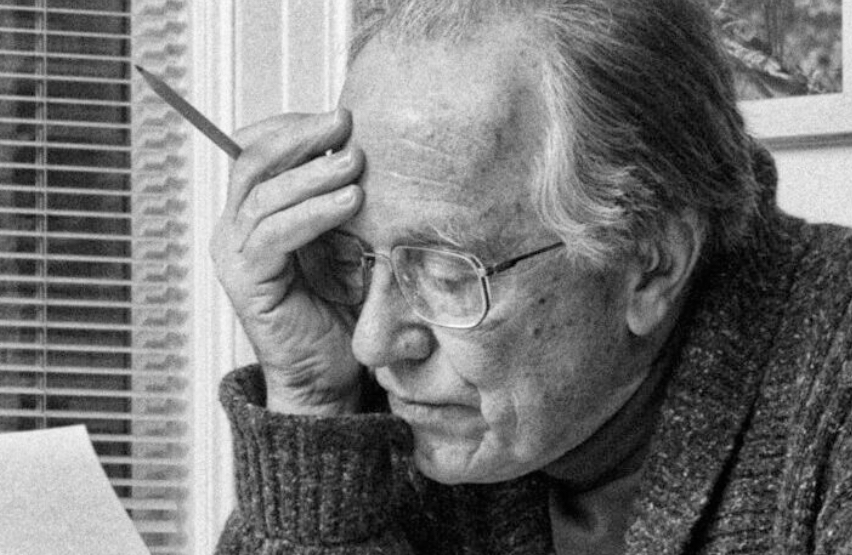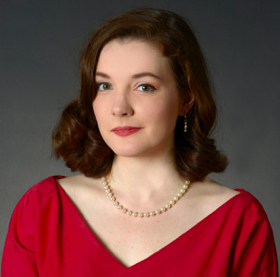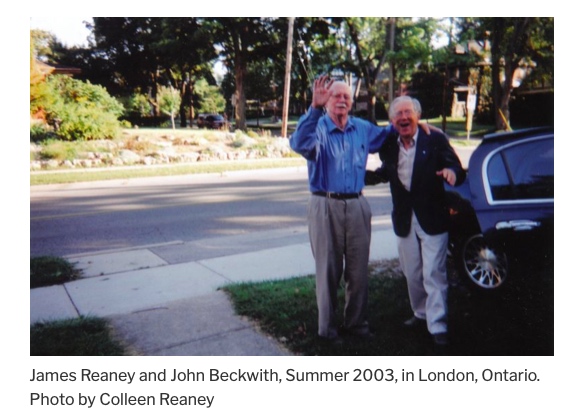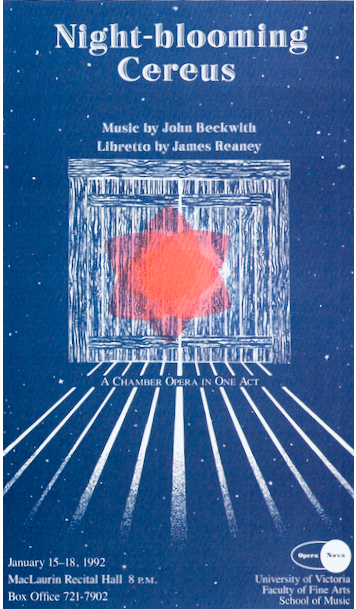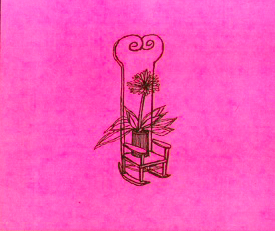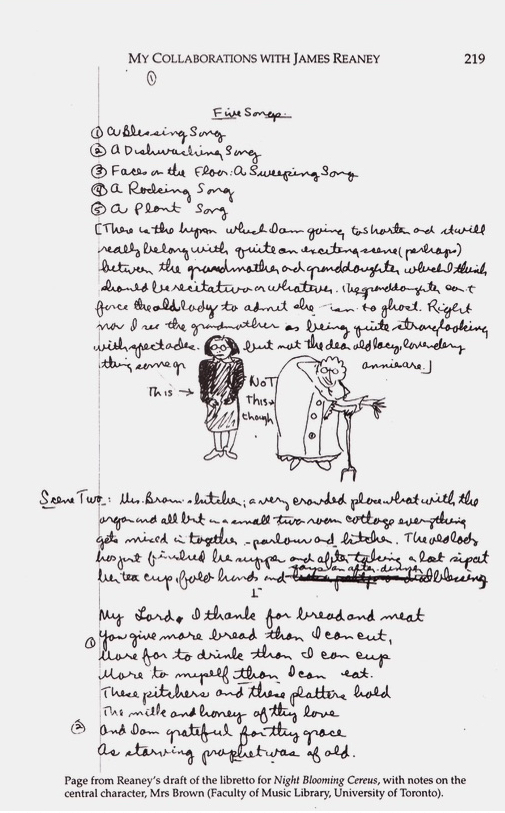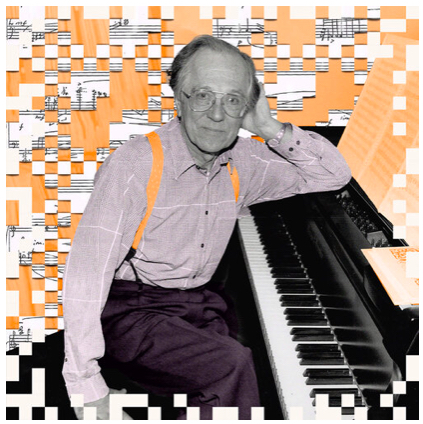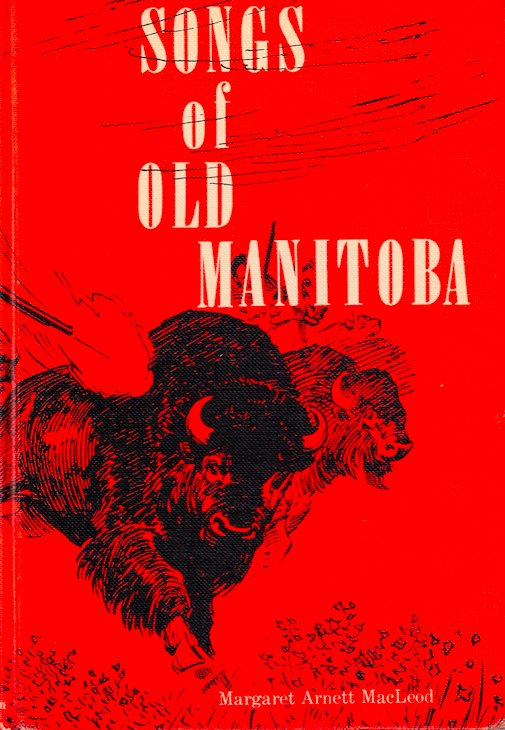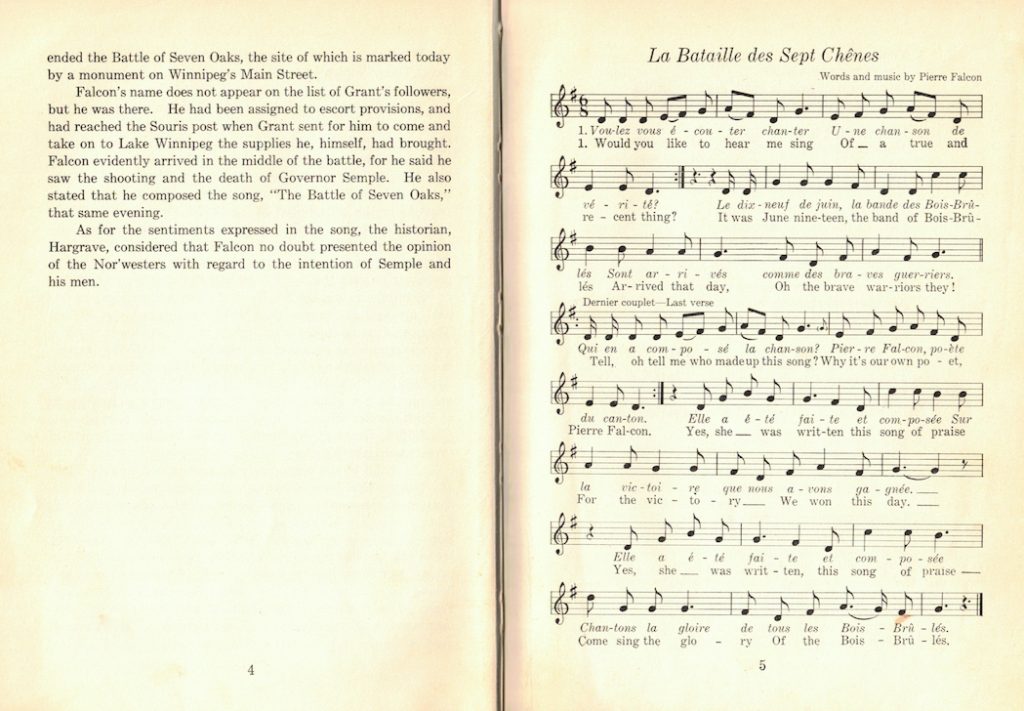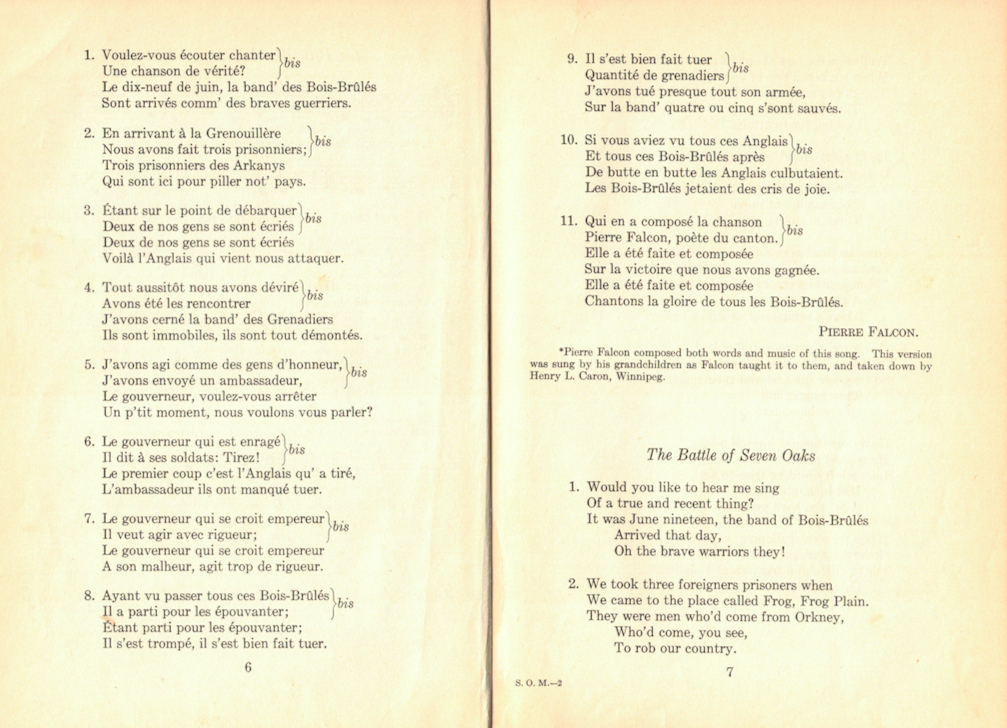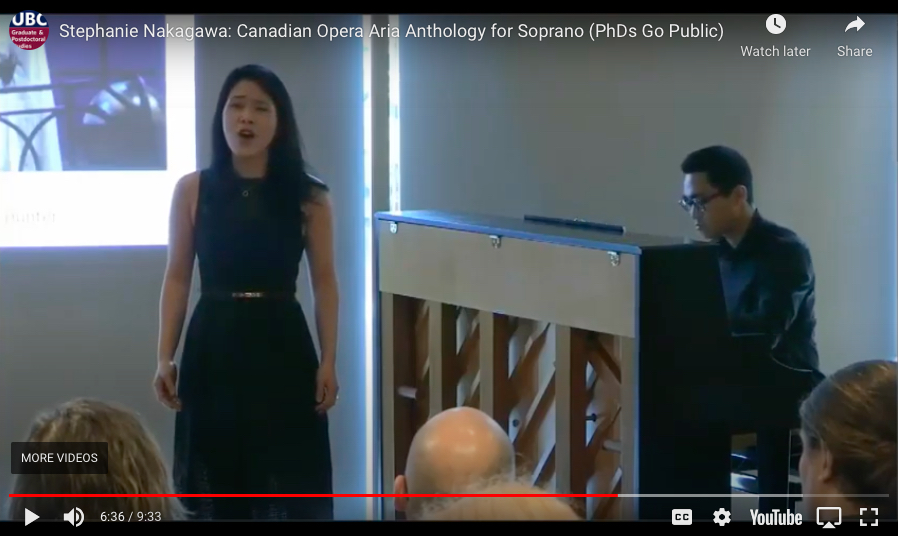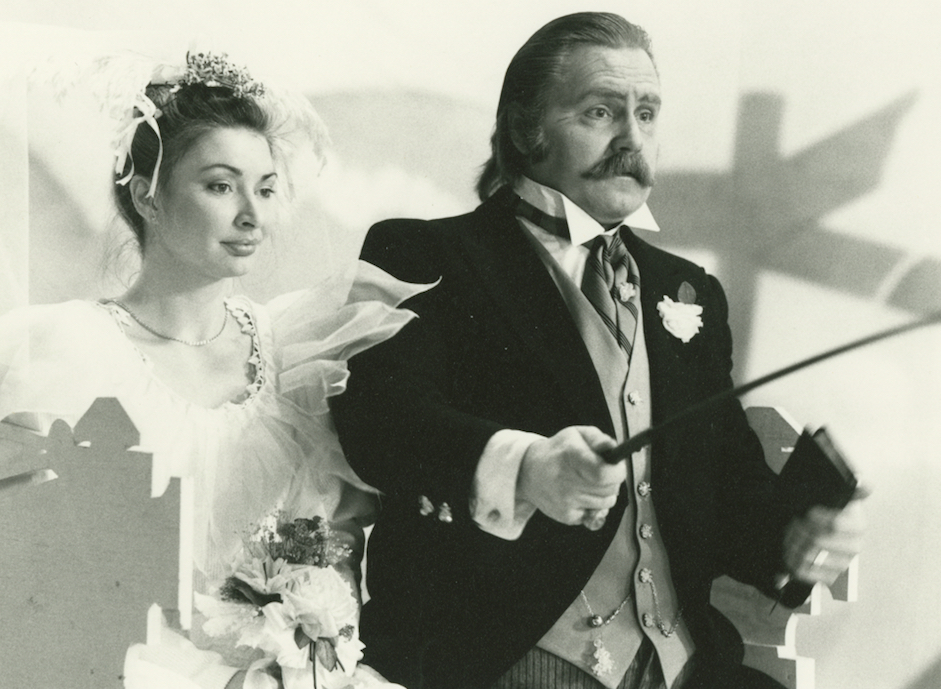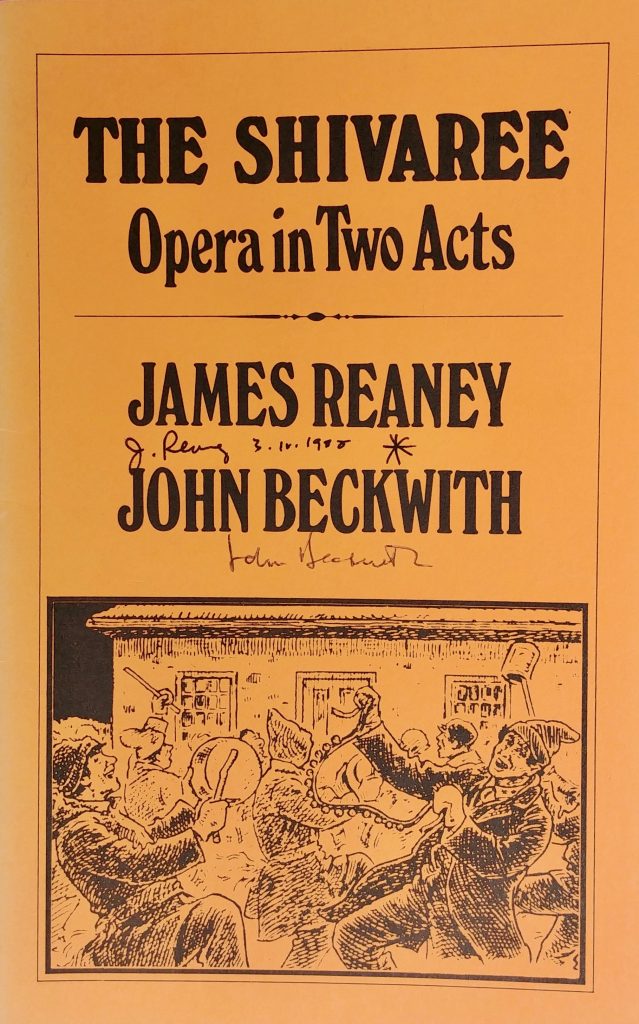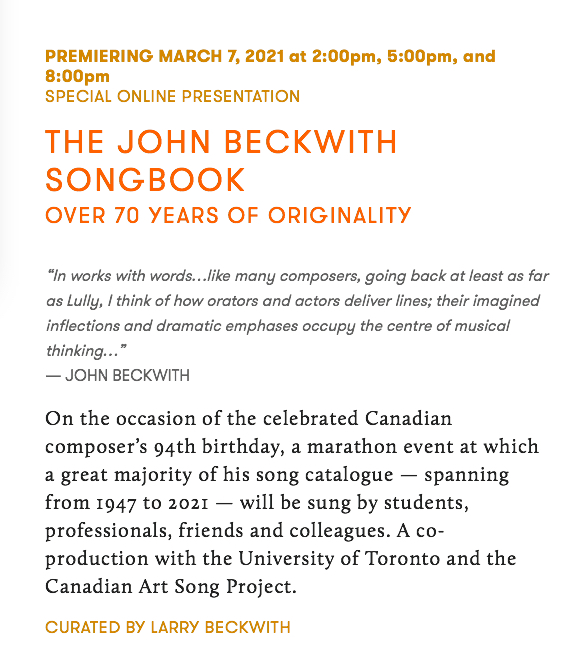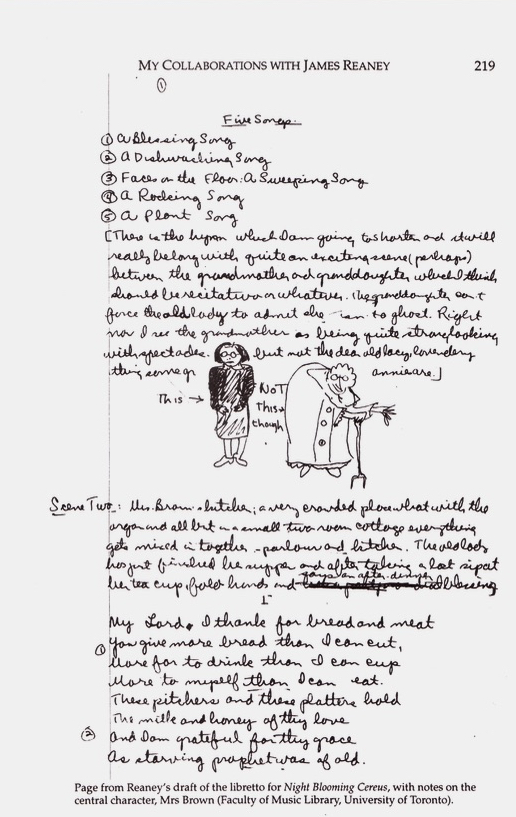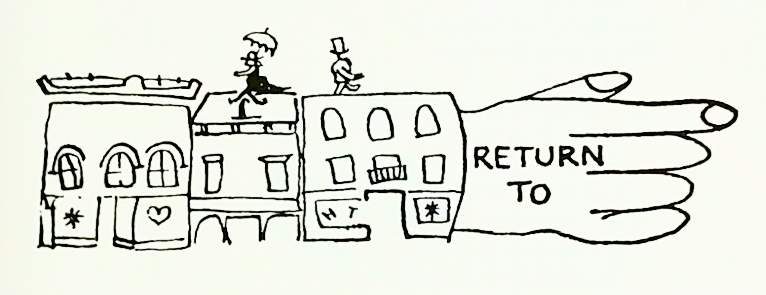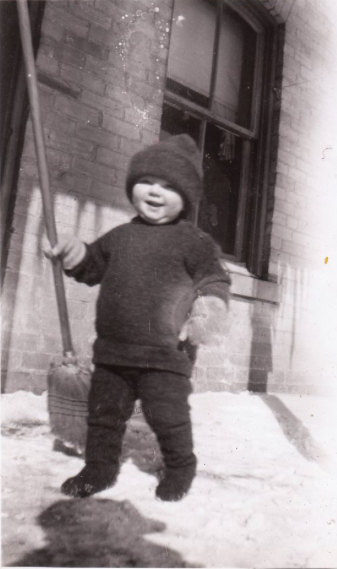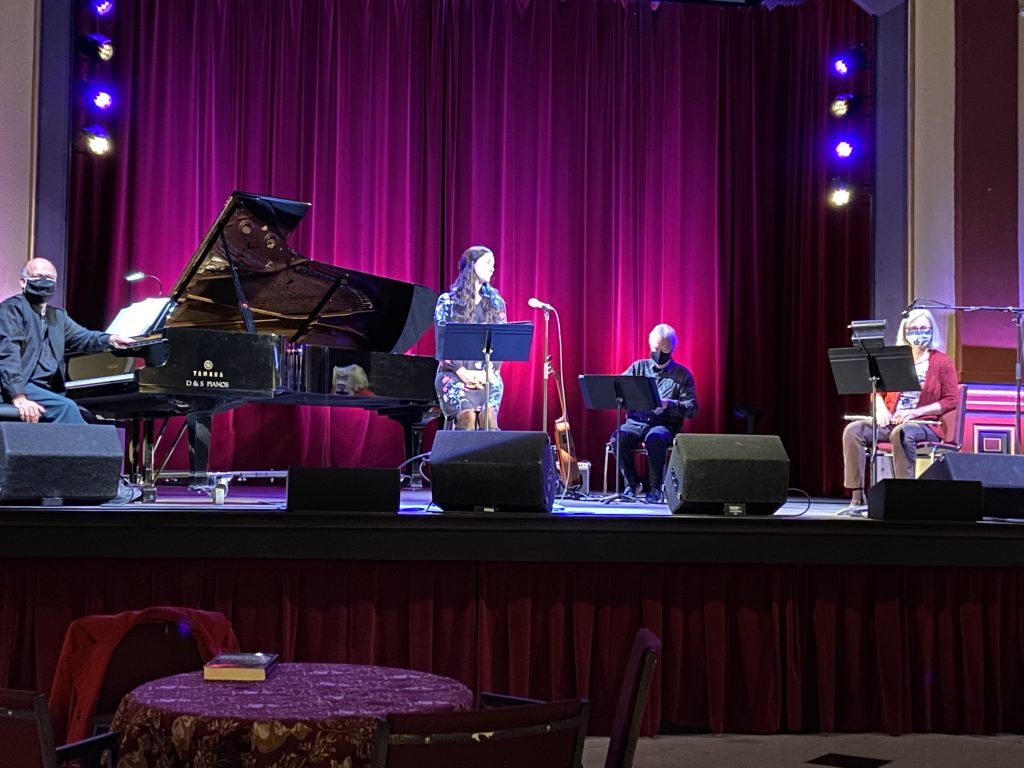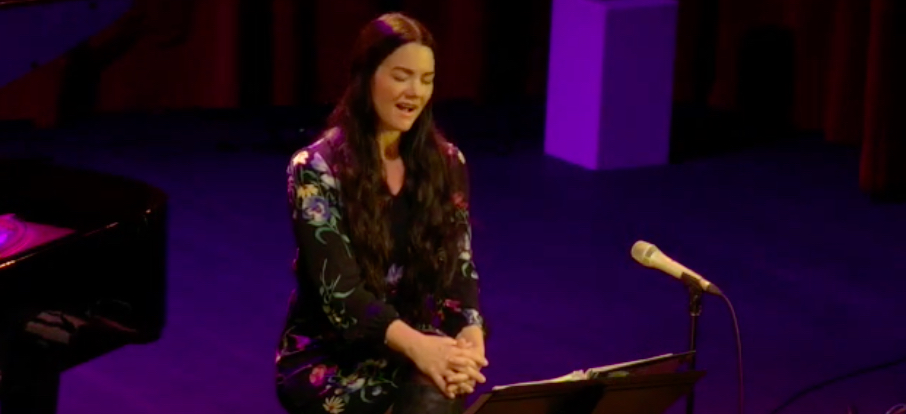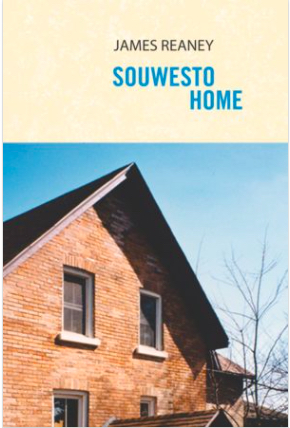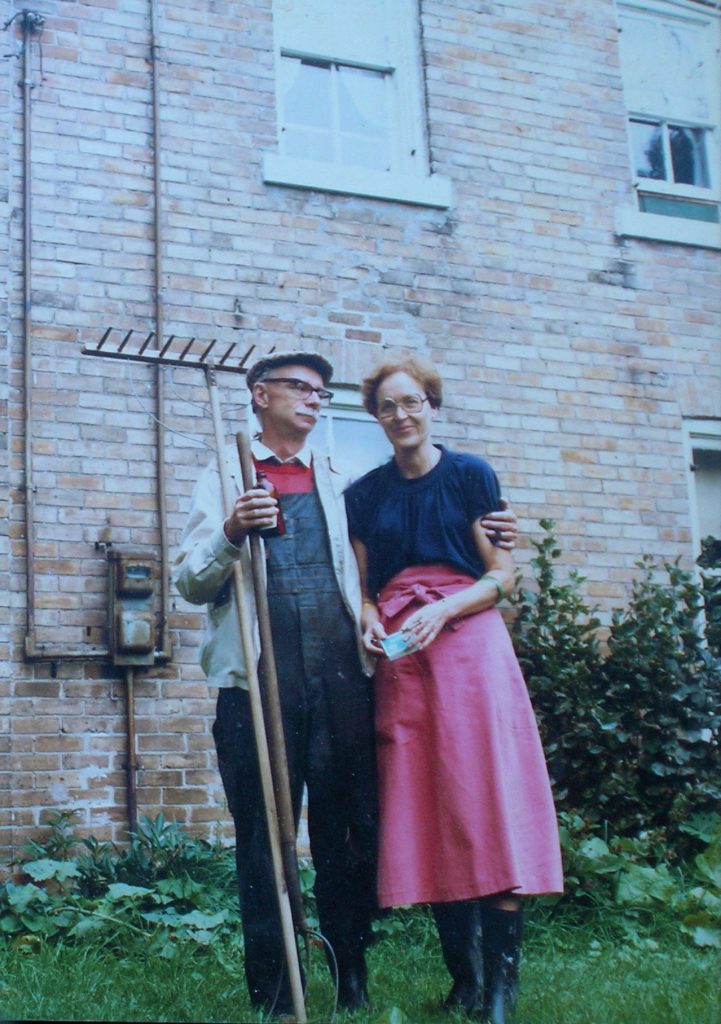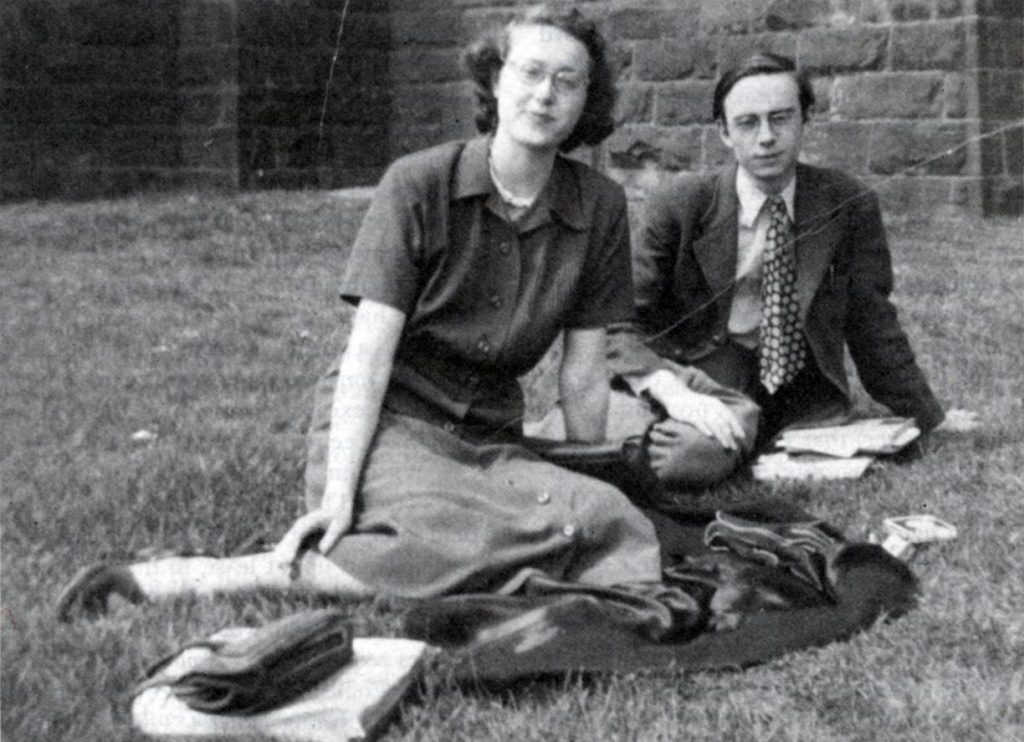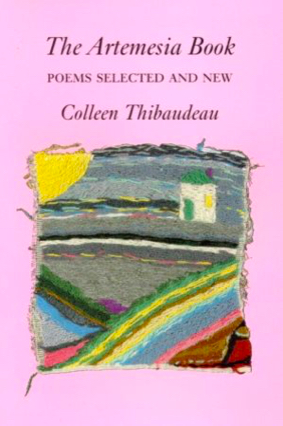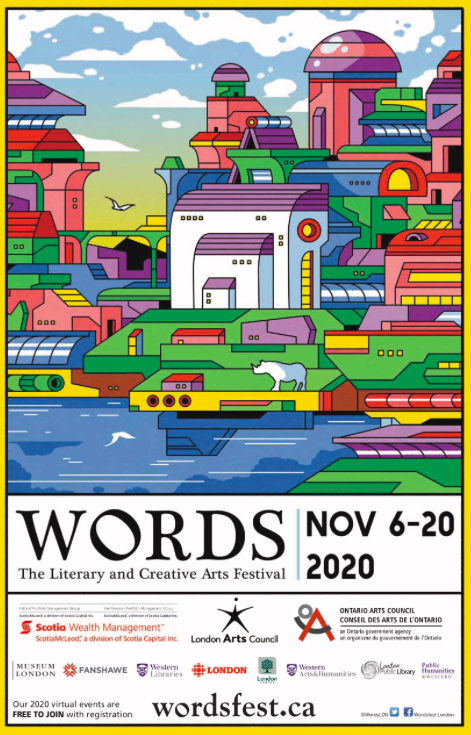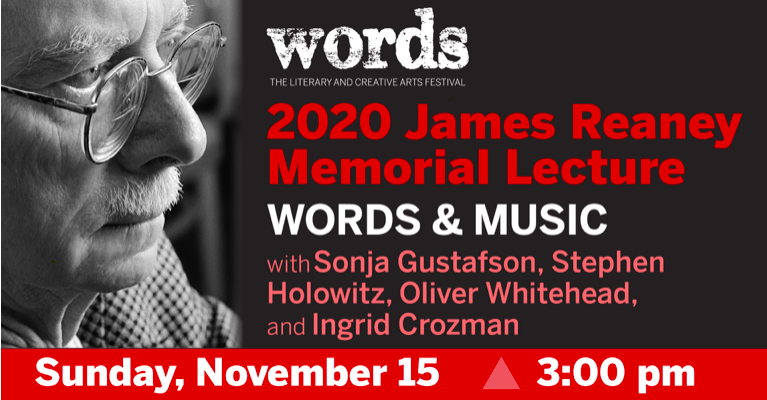November 5, 2023 — Thank you all for coming to Wordsfest at Museum London to hear Dr. Katy Clark and ensemble perform selections from John Beckwith and James Reaney’s musical works, including four operas, poems set to music, and radio collages.
Dr. Clark drew on her research from her thesis on “Regionalism in the Operas of John Beckwith and James Reaney” to eloquently lead us though the six decades of Beckwith and Reaney’s musical collaboration.
Congratulations to the singers — Katy Clark (soprano), Paul Gambo (baritone), Charmaine Iormetti (soprano), and London Pro Musica — and musicians — Charmaine Fopoussi (piano), Gary McCumber (clarinet), and Patrick Theriault (cello) — for their wonderful work on these selections:
The Great Lakes Suite (1949) — Lake Superior, Lake Michigan, Lake Huron (poems by James Reaney)
“Serenade” (1950) (poem by Colleen Thibaudeau)
Night Blooming Cereus (1959) — A Plant Song, Houses in Heaven, Scene 3 Recitative (James Reaney)
The Killdeer (1960/1961) — Waltz, Excerpt from Act 2, Scene 4, Credits music (James Reaney)
Twelve Letters to a Small Town (1961) — To the Avon River above Stratford, Canada, Instructions: How to Make a Model of a Town (James Reaney)
The Shivaree (1979) — Daisy’s Aria (James Reaney)
Crazy to Kill (1989) — Down the Avenue of Trees (James Reaney)
Taptoo! (1994) — Loyalists’ Song (James Reaney)
Our grateful thanks to Wordsfest’s Josh Lambier and Greg de Souza and Museum London’s Lisa McDougall for their expertise and support. Happy 10th anniversary to London’s Words Festival!
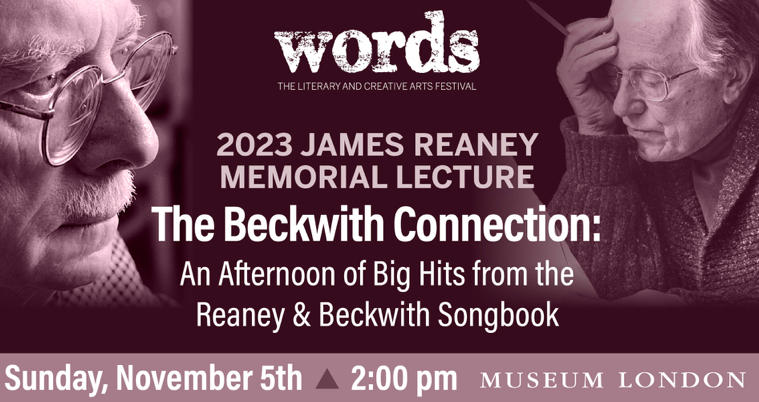
A link to the live-stream recording of this lecture may be available later. For more about John Beckwith and James Reaney’s musical partnership, see John Beckwith’s lecture “James Reaney and Music” from November 5, 2016, and his 2012 autobiography Unheard of: Memoirs of a Canadian Composer.

The James Reaney Memorial Lecture series celebrates the life and work of Southwestern Ontario poet and dramatist James Reaney, who was born on a farm near Stratford, Ontario and found a creative home in London, Ontario.

